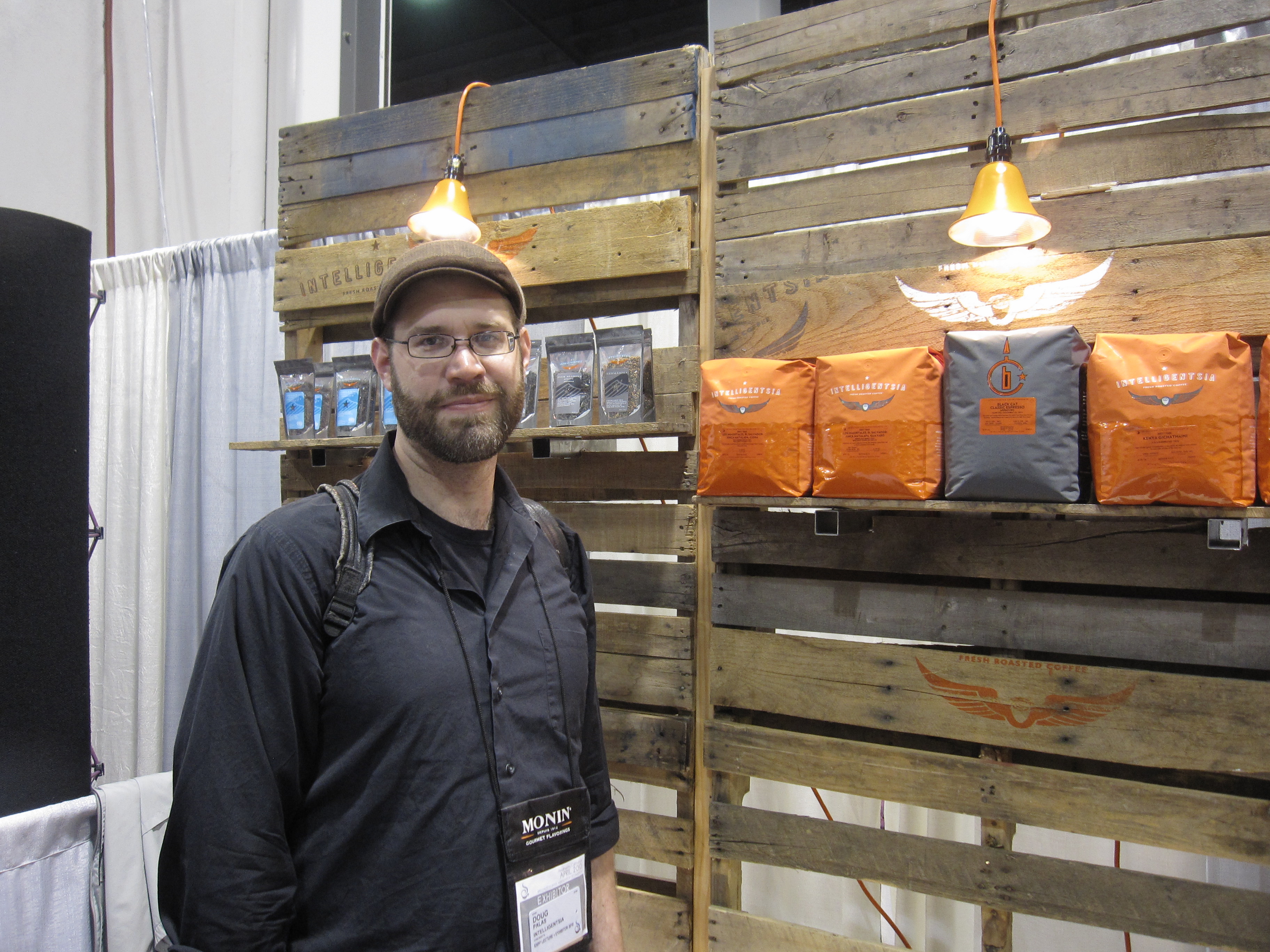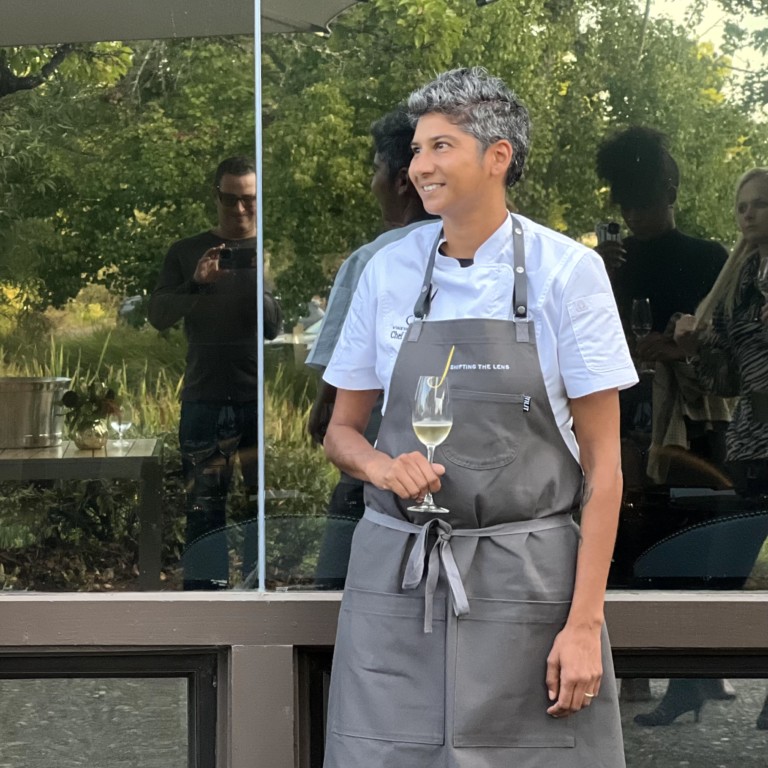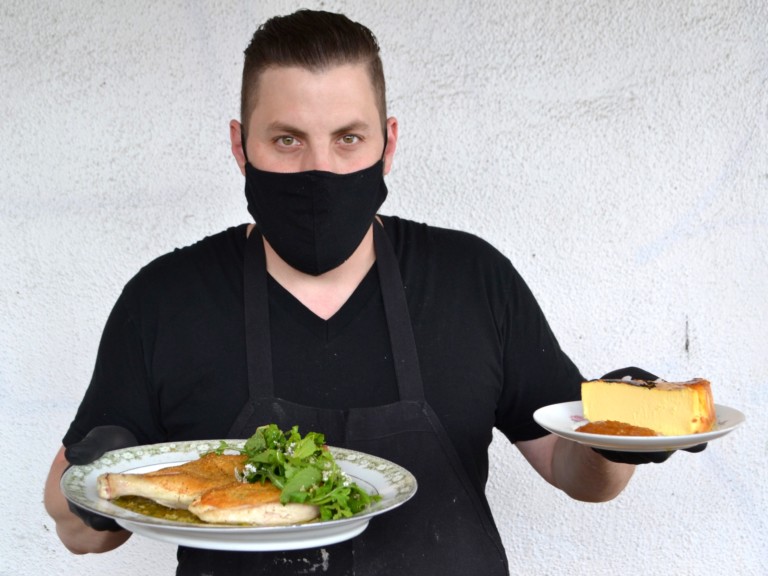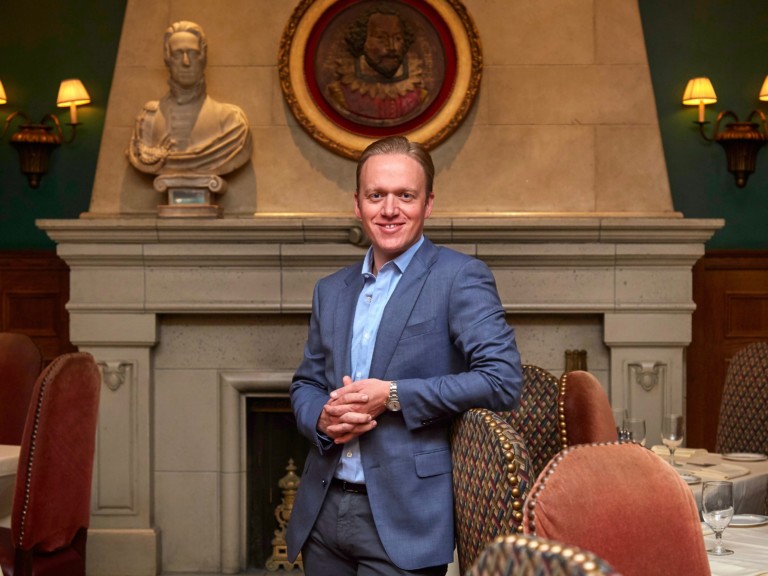Intelligentsia has become one of the nation’s most respected coffee roasters, but Doug Zell’s Chicago-based company focuses on more that just the bean. The man that Zell trusts to source teas like the nutty Kukicha from Japan and floral Iron Goddess of Mercy is Doug Palas, a 10-year company vet. We recently caught up in Anaheim, at the SCAA conference, where Palas discussed his background, inspiration and advice.
When did you start working in tea, and how did that come about?
I originally started working in the coffee side of things. I was actually packaging coffee, and part of my job was doing the tea packaging as well. When I started, it was a really small company. We had one shop in Chicago. We were just starting out. We hadn’t even thought about expanding to Los Angeles, or even other stores. At that point, being a small company, I had a lot of responsibilities, and purchasing was one of them. We didn’t really focus on the quality of our tea. We bought the same standard teas that any company could purchase. As I started to work more with the tea, and do more ordering of it, it kind of sparked a curiosity. It got to the point that I was asking Doug Zell a lot of questions about tea, and he came to the realization that I had an interest in it, and he wanted to do more, expand and source better teas. It was probably about two years after I started working there, three years maybe. That’s when I really got involved on the tea side of things. Basically since 2003 or 2004, I’ve been handling all the tea purchasing. That’s my primary position.
What is it about tea that inspires you?
I have a pretty deep love of coffee. I think it’s fantastic, but for me, there’s a lot more variety of flavors, different styles of teas. There are more processing styles. Green tea, white tea, black tea, oolong tea. They all have a lot of different characteristics. Within that, there are regional differences. Green teas from Japan tend to be heavier in the body, heavier mouth feel, deeper flavor than Chinese green teas. So there’s just a lot of complexity of flavor based on the different variables, that make up a tea.
What’s your first tea memory?
I’m pretty certain it was iced tea. My mom was always a big fan of iced tea. We always had it growing up, around the house. That was probably one of my first experiences with tea.
What are one or two misconceptions about tea that bother you?
One of the biggest for me is the actual preparation of tea. If you were to go to a country in Asia, each different style of tea would probably have its own preparation style. Here in this country we follow an antiquated preparation method where we say one teaspoon of tea per eight ounces of water. Steep it for four or five minutes. The reality is, there are a lot of teas that aren’t made or produced that taste well using that formula. Some teas require a higher concentration of tea to water, and a shorter steeping time. I’d really like to see people move away and focus on the proper preparation for the proper tea.
Do you have those sorts of instructions on Intelligentsia’s tea packaging?
We have instructions on our retail bags. We explain the ideal temperature, the ideal time and weight, volume of tea that you should use, but there are more detailed instructions on our website that can give you general guidelines for preparation styles for different teas.
What are some concerns that you have about the challenges facing the tea industry at this stage?
For me, one of the things that I think is that tea industry needs to focus on expanding to different origins. For me, it’s been really difficult in the last year or so to find consistently good teas from certain origins. Weather can destroy a crop. Draught can destroy a crop. We’ve had a lot of different instances. What I’d like to do is to be able to work with other origins and find different teas and help develop them. Some countries aren’t as developed with tea. Countries in Africa like Rwanda and Tanzania, specifically, one of the greatest things that we can do is develop tea there. It would really help out the economy. I believe that tea might be the largest export of Rwanda, and it potentially could be for Tanzania. The challenge will be getting people to buy in and finding a politically stable enough climate where they can actually start growing good tea.
For the home tea maker, what’s a piece of advice?
The biggest thing for me is water. A cup of tea is 99.9% water, so the water you use is very important. It’s always important to use filtered water, without chlorine. It has to be cleanly sourced. You don’t want the water to distort the flavor of the tea. That’s probably the biggest thing, being careful with the water that you use.
If you could only have one more cup of tea, what would it be?
I’m pretty certain it would be a complex floral oolong tea, something from Taiwan.









Blog Comments
Tweets that mention Food GPS » Q&A with Intelligentsia tea buyer Doug Palas -- Topsy.com
April 30, 2010 at 12:52 AM
[…] This post was mentioned on Twitter by You Post SoCal. You Post SoCal said: Q&A with Intelligentsia tea buyer Doug Palas http://ow.ly/17cRS4 […]